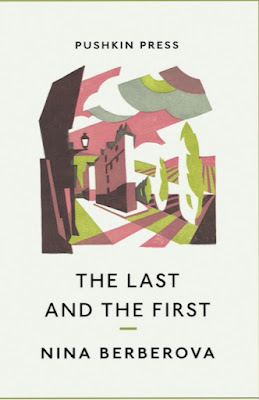“The Book of Bruises” - A Short Story by Catherine McNamara from her collection The Cartography of Others - 2018
This is part of my participation in Paris in July 2021 - hosted by Thyme for Tea
I have been an avid reader of Catherine McNamara for Seven years.
Today’s story is set in a Paris train station.
World wide Pandemic issues have halted most global travel plans. In the marvelous stories of Catherine McNamara we can continue our journeys, in great company.
I have been an avid reader of the Short Stories of Catherine McNamara since I read her debut collection Pelt and Other Stories in 2014. Here were my observations on this marvelous collection-
“Pelt and Other Stories by Catherine McNamara, her debut collection, is a very powerful, thoroughly captivating collection of stories most of which center on the post colonial world of central coastal West Africa. The subtlies and levels of irony in these stories show a very great insight into how cross cultural encounters impact all parties. The people in the stories range from European hotel owners in Ghana, famous art photographers, mistresses of Europeans, drivers, and village people. The stories are mostly but not all set in West Africa. One is set in the very worldly city of Sydney, some in Italy. . The stories are miniature marvels in showing us the manifestation of orientalizing of the African not just by Europeans and Americans but by returned citizens. The stories show us how hard it is to return home unchanged.
Today’s story open in the Gare du Nord train station in Paris. It is one of Europe’s busiest stations. Renzo is there to escort his sister Monique on a train back Italy to her abusive husband, a trip he wishes she was not making. She is there to visit their mother.
“They would take their mother to her favourite restaurant in the fourth arrondisement, where Monique would shepherd talk and locate harbours of recollection..”
He notices Gypsey women. A woman from his past joins him at The station bar. They think of The past. He recalls his father’s stories of Young boys drafted to be blown apart in Defense of Paris from The Germans. He has involutary memories his own ten years in Rome
This story gives us a strong sense of Paris as City to leave and one to which you are drawn to return.
Catherine McNamara grew up in Sydney, ran away to Paris to write, and ended up in Ghana co-running a bar. On the way she lived in Milan, Mogadishu and Brussels, working as a translator, graphic designer, teacher, art gallery director, shoe model, mother. The Cartography of Others was a finalist in the People’s Book Prize (UK) and won the Eyelands International Fiction Award (Greece). Pelt and Other Stories was a semi- finalist in the Hudson Prize (USA) and longlisted for the Frank O’Connor Award (Ireland). Her short fiction has been Pushcart-nominated and published widely. Catherine lives in a farmhouse in northern Italy.

















